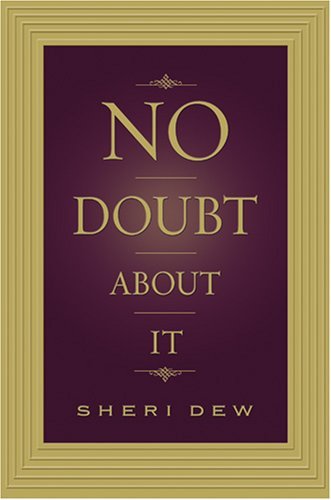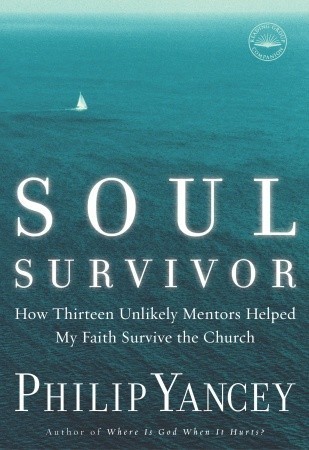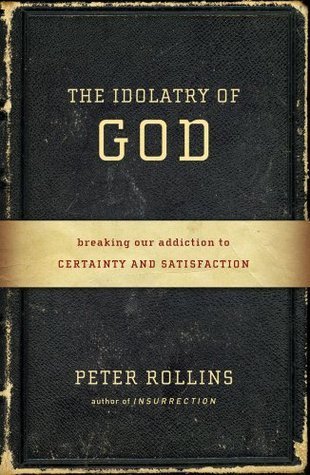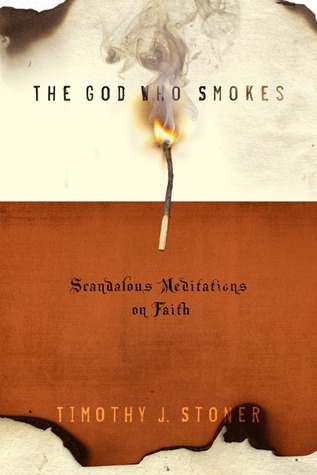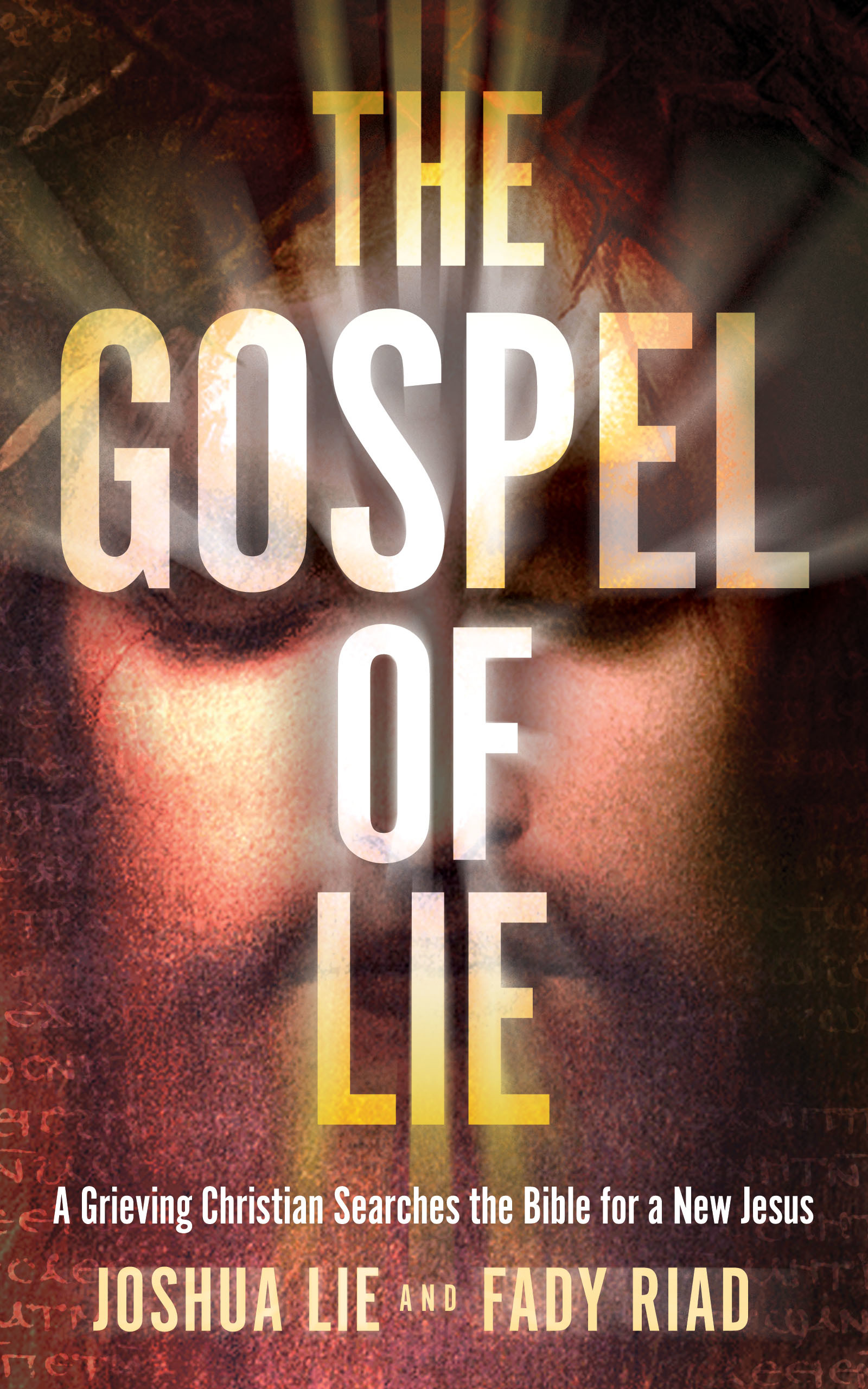
The Crucible of Doubt: Reflections On the Quest for Faith
Book Description
In a world where faith often clashes with doubt, Terryl L. Givens delves into the heart of belief—exploring the fiery trials that forge conviction. Through evocative reflections and profound insights, he unveils the transformative power of questioning, revealing how uncertainty can lead to deeper understanding. Navigating the delicate balance between doubt and faith, Givens prompts readers to confront their inner struggles, inviting them on an exhilarating journey of discovery. What if the very doubts that challenge us are the keys to unlocking a richer spiritual life?
Quick Book Summary
"The Crucible of Doubt" by Terryl L. Givens invites readers to view faith and doubt not as opposing forces, but as companions on the spiritual journey. Givens contends that questions and uncertainties are inherent in a vibrant spiritual life and can ultimately deepen belief. Drawing from Mormon theology and broader religious thought, he encourages a reframing of faith—seeing it as an ongoing process marked by honest questioning rather than rigid certainty. Through gentle prose, Givens assures those who struggle that doubt can be transformative, serving as a crucible in which more authentic and resilient faith is forged. The book challenges readers to embrace ambiguity, trust in God’s grace, and find community and empathy in shared spiritual searching.
Summary of Key Ideas
Table of Contents
Embracing Doubt as Part of Faith
Givens opens with the premise that doubt is not merely an obstacle to be overcome, but a natural and even necessary element in the development of faith. By shifting away from a binary perspective of doubt as failure and faith as success, he invites readers to accept uncertainty as a crucial stage in spiritual maturation. Reflecting on both scriptural examples and personal stories, he illustrates how periods of questioning can lead individuals to rediscover and strengthen their sense of the divine.
Rethinking the Nature of Belief
Throughout the book, Givens critically examines traditional notions of belief. Rather than defining faith as unwavering conviction, he suggests that authentic faith often requires embracing ambiguity and living with unresolved questions. This approach places value on the process of seeking and recognizes that spiritual growth is ongoing and dynamic. By distinguishing between honest questioning and corrosive cynicism, Givens clarifies that doubts, when approached with sincerity and openness, can purify and refine one’s commitments.
The Role of Community in Spiritual Growth
Central to Givens’s argument is the role of community in confronting doubt. He maintains that isolation can exacerbate feelings of spiritual uncertainty, while honest dialogue within a supportive faith community can provide comfort and perspective. The book encourages mutual empathy and vulnerability as antidotes to shame or alienation—creating space for individuals to express doubt without fear of judgment.
Questioning versus Cynicism
Givens also addresses the pervasive human longing for certainty, guiding readers to find solace in the mysteries of faith. He suggests that yielding control and trusting in God’s grace are essential acts of faith, especially when answers are elusive. By recognizing divine mystery as an invitation to humility rather than a source of anxiety, readers can experience a more profoundly rooted sense of spiritual security.
Trusting in God's Grace and Mystery
Finally, the book challenges readers to cultivate a faith that does not shy away from questioning. Givens contends that God values sincere searching and that periods of doubt, rather than undermining faith, can ultimately serve as catalysts for deeper connection and understanding. The crucible of doubt, in this view, is not a punishment but an opportunity—the very means by which believers move toward spiritual authenticity.
Download This Summary
Get a free PDF of this summary instantly — no email required.
